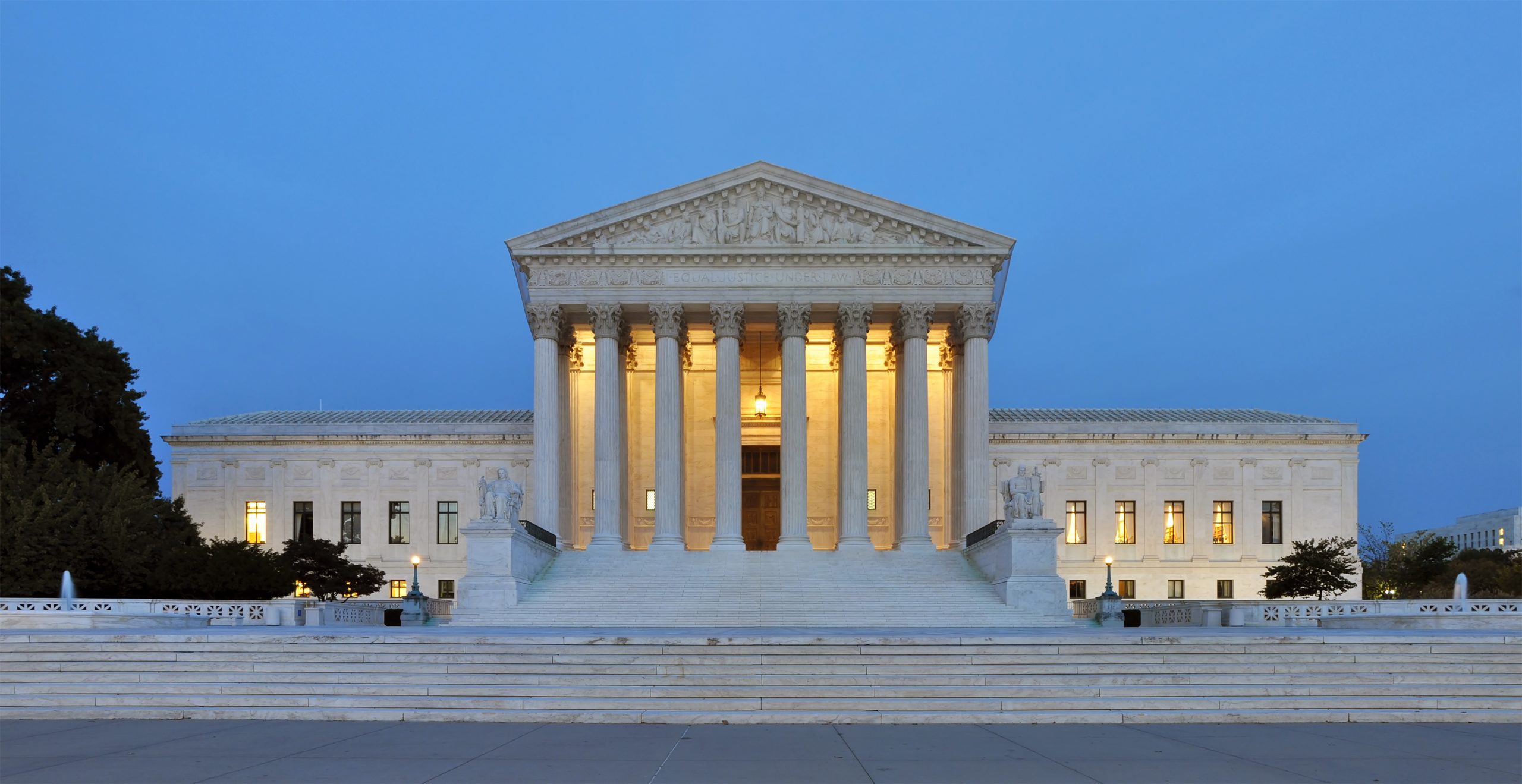- The Supreme Court will decide whether a settlement between Texas, New Mexico, and Colorado over Rio Grande water rights can proceed without federal government approval.
- The 1939 Rio Grande Compact apportions water between the three states, but is challenged by water use changes and climate change.
- The federal government has interests in the case due to obligations to Mexico and Native American tribes, as well as management of water infrastructure.
- The Court previously allowed the federal government to intervene in the lawsuit.
- The proposed settlement attempts to address water use changes, but the U.S. argues it undermines the original compact.
March 20, 2024 — A decade-long legal battle over water rights to the Rio Grande River is reaching a critical point before the Supreme Court. Today, the Court will hear arguments on whether a settlement reached by Texas, New Mexico, and Colorado can proceed without the approval of the U.S. federal government.
The Dispute.
The core issue is the 1939 Rio Grande Compact, which apportions water from the river between the three states. Texas initially sued New Mexico, alleging that the state violated the agreement by not allowing enough water to flow downstream to Texas. The increasing use of groundwater pumping has reduced surface water flows, a factor not adequately accounted for in the original agreement.
The Players and Their Stakes.
The dispute has drawn in multiple players with vested interests in the Rio Grande’s waters:
- The States: Texas, New Mexico, and Colorado negotiated a potential settlement to the dispute but face opposition from the federal government.
- The Federal Government: It has obligations to deliver water to Mexico under a treaty agreement, manages water delivery infrastructure, and holds responsibilities toward Native American tribes with water rights.
- Native American Tribes: They hold significant water rights to the Rio Grande.
History of the Case.
- In 2018, the Supreme Court unanimously allowed the federal government to intervene in the lawsuit.
- The states reached a settlement that attempts to address changed conditions like groundwater use and climate change, but the federal government argues it undermines the original Rio Grande Compact.
The Argument.
The key question before the Supreme Court is whether the states can settle the lawsuit without federal approval. Given the government’s allowed intervention and role in water management, the Court may favor requiring its consent to a settlement.
is whether the states can settle the lawsuit without federal approval. Given the government’s allowed intervention and role in water management, the Court may favor requiring its consent to a settlement.
On the other hand, some Justices might lean towards federalism principles, protecting the rights of the states involved.
Broader Implications.
This case could set a crucial precedent impacting water rights disputes across the country, particularly in areas facing drought and growing water demands. The Court’s decision will influence the balance of power between states and the federal government when apportioning increasingly scarce water resources.
What’s Next?
The Supreme Court might choose to side with the federal government or the states. If the federal government prevails, the case will return to a lower-level special master for further proceedings. If the states prevail, it could weaken the federal government’s role in future water disputes. However, regardless of the outcome, states like New Mexico will need to take steps to address groundwater pumping to comply with the compact and ensure sustainable water use.
The docket is available on the SCOTUS blog .
.
Image Credit:
Panorama of the west facade of United States Supreme Court Building at dusk in Washington, D.C., October 2011, by Joe Ravi and published under license granted at Wikimedia Commons.
at dusk in Washington, D.C., October 2011, by Joe Ravi and published under license granted at Wikimedia Commons.


Leave a Reply